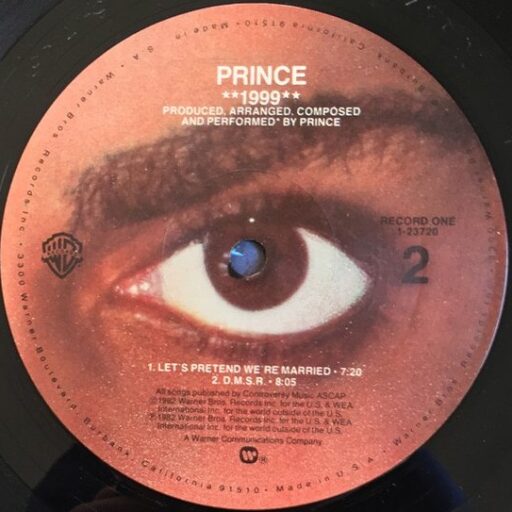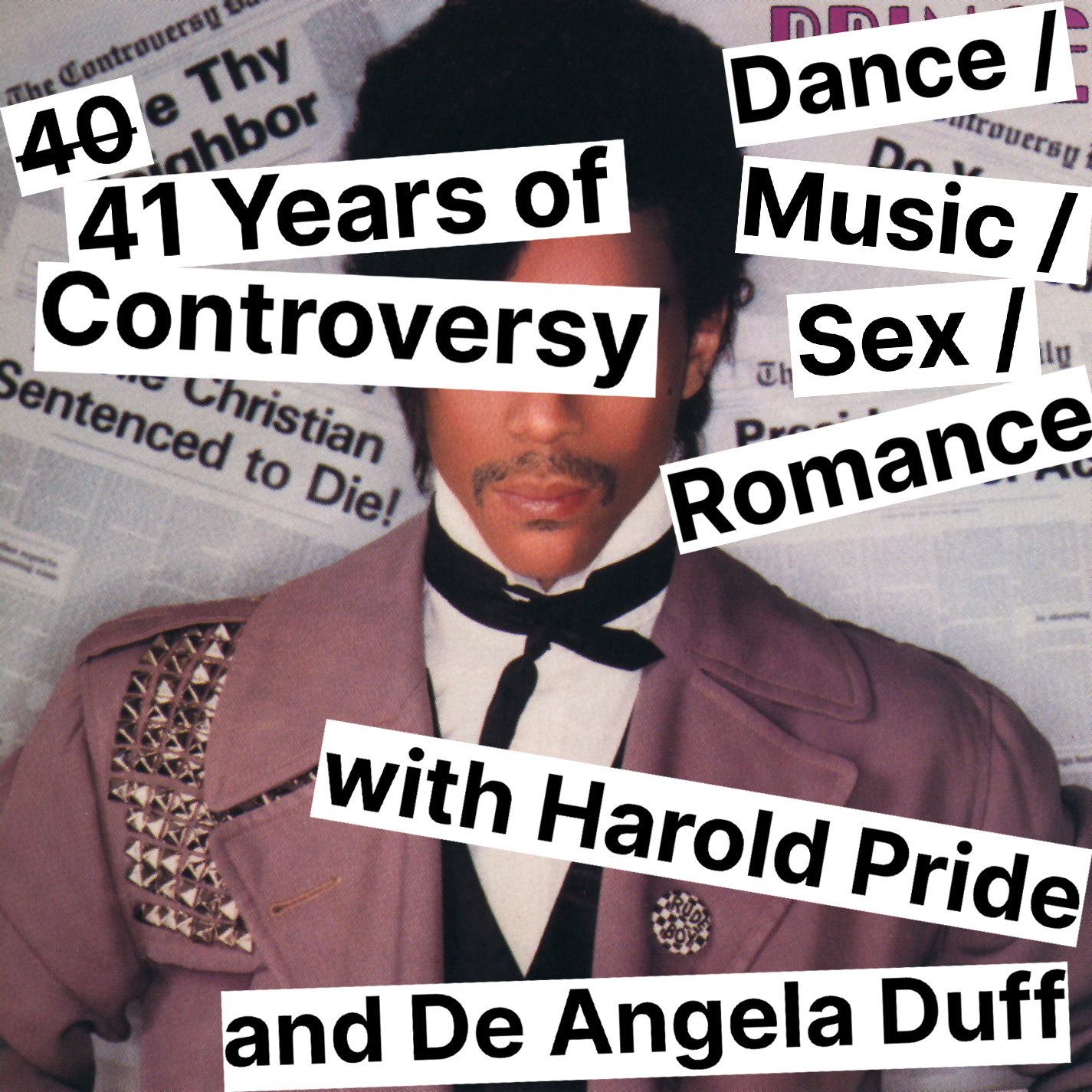Tag: gotta broken heart again
-
Podcast: 40 Years of Dirty Mind
Darling Nisi and Harold Pride return for a third episode in our series of in-depth retrospectives on Prince’s albums, this one for the 40th anniversary of 1980’s Dirty Mind.
-
How Come U Don’t Call Me Anymore?
“How Come U Don’t Call Me Anymore?” feels in many ways like Prince’s Ur-song: a pure expression of the carnal and emotional longing at his core, drawn from the deep well of the African American musical tradition.
-
Podcast: Prince (1979) Revisited
October 19, 2018 marks the 39th anniversary of Prince’s self-titled second album–not the most glamorous occasion, perhaps, but reason enough to reassemble the review panel from our For You podcast for a reappraisal. Once again, Zach is joined by Harold and KaNisa for a track-by-track discussion of this underappreciated album, its resonances throughout Prince’s career, and why it still…

